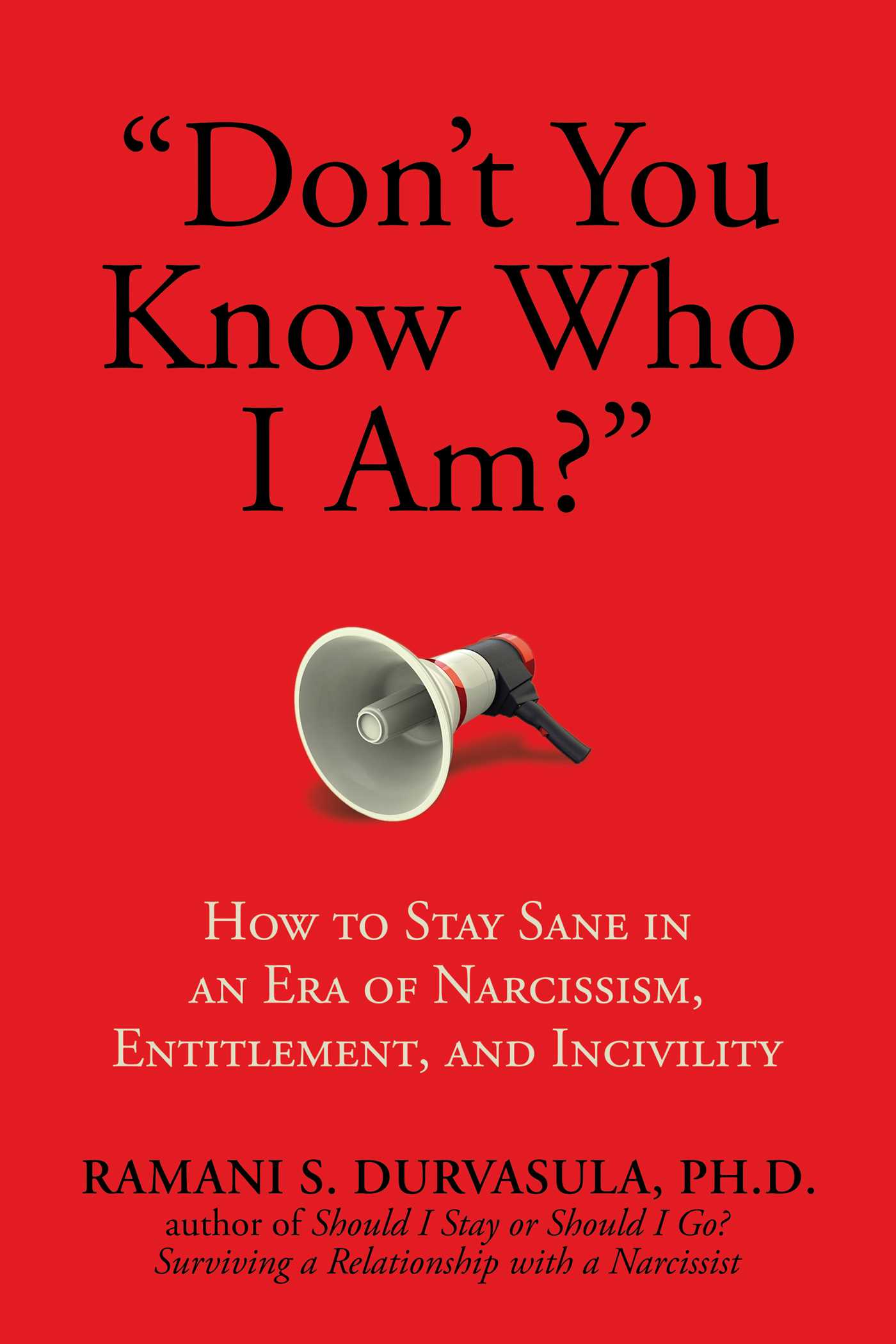What do you think?
Rate this book


400 pages, Hardcover
Published October 1, 2019

That didn't happen.
And if it did, it wasn't that bad.
And if it was, that's not a big deal.
And if it is, that's not my fault.
And if it was, I didn't mean it.
And if I did, you deserved it.